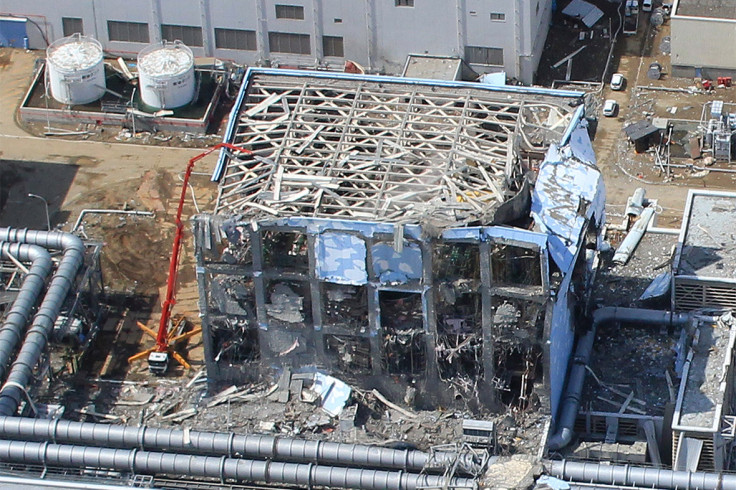Fukushima Nuclear Reactor Clean-up 'Dumped on Destitute and Unskilled'

The unskilled and destitute are being targeted to finish the clean-up job at Fukushima nuclear plant.
The Tohoku earthquake and tsunami, which claimed the lives of 15,884 people, caused a catastrophic nuclear meltdown at the plant in 2011.
Tokyo Electric Power Company (Tepco), the operator of the nuclear plant, has come under intense scrutiny for leaving the hazardous decommissioning work to unqualified staff while pouring resources into another plant, Kashiwazaki-Kariwa, according to the New York Times.
"We are forced to do more with less, like firemen being told to use less water even though the fire's still burning."
Now experts fear that as qualified engineers are forced to quit the site because they have reached the legal limits for radiation exposure, only poorly skilled labourers are being brought in.
"There is a crisis of manpower at the plant," said Yukiteru Naka, founder of Tohoku Enterprise, a contractor and former plant engineer for General Electric.
"We are forced to do more with less, like firemen being told to use less water even though the fire's still burning."
But recruitment agents were desperate to keep the 3,000 workers at the plant, regardless of their level of skill.
One online advert reads: "Out of work? Nowhere to live? Nowhere to go? Nothing to eat? Come to Fukushima."
Another job advert for radiation monitoring says: "You must have common sense, and be able to carry out a conversation."
It has also been widely reported that some homeless people were recruited by subcontractors to work at the plant.
Hiroyuki Watanbe, a city council member in nearby Iwaki, said: "We're talking people who are living hand-to-mouth."
Tepco refused to comment on claims that untrained workers had ignored alarm warnings of an overflow of contaminated water from one of the tanks.
Toyoshi Fuketa, a commissioner at the Nuclear Regulation Authority, said: "It's an extremely elementary mistake. If a fire alarm went off in your house you'd be worried, let alone a nuclear power plant."
Tepco's deputy nuclear chief, Masayuki Ono, admitted: "It did not occur to us to actually go to the scene to check."
Tepco has been accused of being more interested into putting more workers at Kashiwazaki-Kariwa as part of the government's push to return to nuclear energy three years after the world's second-worst nuclear disaster rather than concentrating on a proper clean-up of Fukushima.
© Copyright IBTimes 2025. All rights reserved.






















